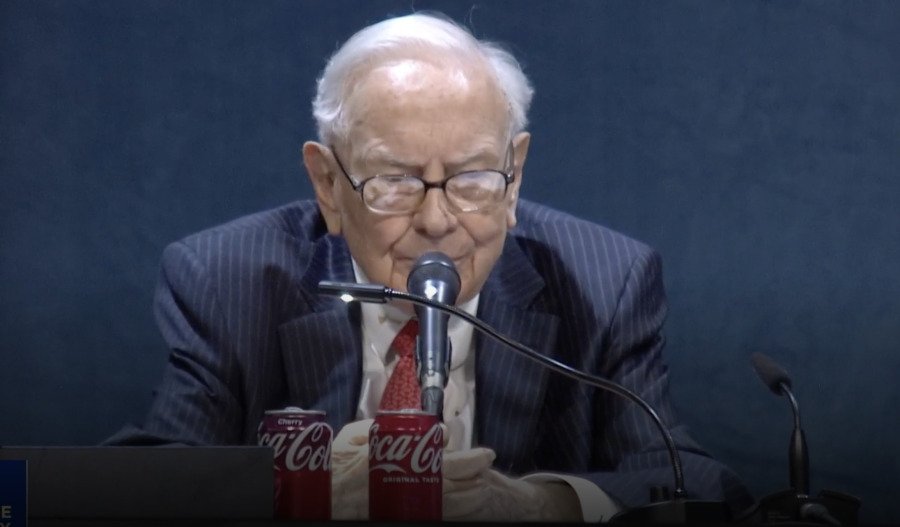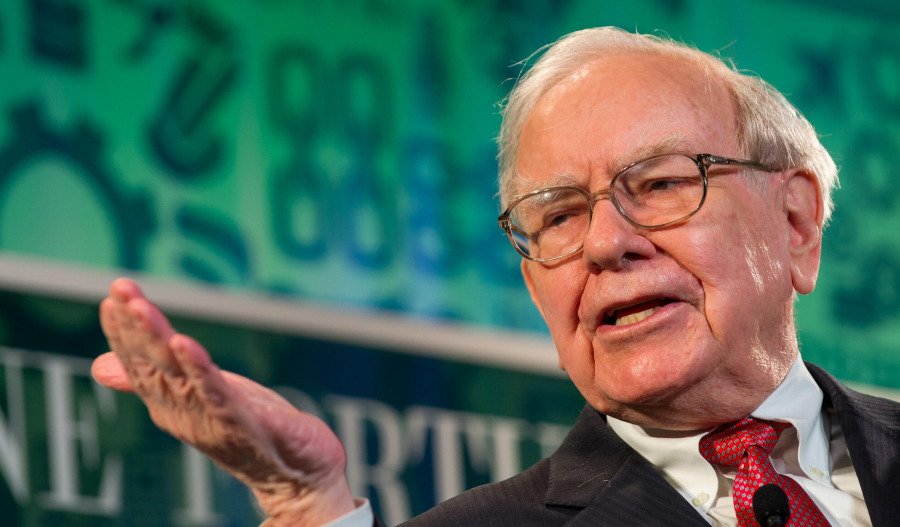Berkeley Group Holdings PLC (LSE: BKG) shares nudged a double-digit fall (9%) on Friday - its most disappointing trading day since March 2020 - after the London-focused developer downgraded its profit guidance for 2026 and 2027.
Investors appeared to have looked past the company’s full-year pre-tax profit of £529 million, broadly in line with expectations and focused on the soft outlook and an increasingly competitive market that’s creating some tough trading headwinds for housebuilders.
The high-end home builder now expects pre-tax profits to fall to around £450 million in both 2026 and 2027, down from earlier forecasts of roughly £475 million.
What clearly cast an ominous shadow over the future outlook was a drop in forward sales from £300 million to £1.4 billion and a slight contraction in future gross margins.
This not only reflects tougher market conditions but the need for higher sales incentives to move properties.
The company also shifted some homes onto its build-to-rent platform and added new sites and planning consents.
Key full-year results include:
- A small revenue increase to £2.49 billion from selling just over 4,000 homes.
- Operating profit was up 4%.
- £337 million in net cash, down from £532 million.
- Net asset value grew 7% to £35.95 per share.
Coinciding with Friday’s result, the British home-builder proposed the appointment of CEO Rob Perrins as executive chair to succeed Michael Dobson and lead its 10-year strategy to invest £5 billion ($6.73 billion) in building new homes, plus 4,000 rental homes through its Build to Rent platform.
The board changes come as Berkeley implements its recently developed 10-year strategy, “Berkeley 2035”.
The company stated [that] the leadership transition aims to maintain continuity during a period of "heightened geopolitical and macro-economic volatility" in the housing sector.
British finance minister Rachel Reeves' recent spending review outlined an additional £10 billion investment to build thousands more homes in England, on top of a £39 billion, 10-year affordable housing plan.
However, Britain’s housing market, which has been under pressure from high interest rates and economic uncertainty, is also grappling with regulatory reforms aimed at enhancing safety and addressing systemic flaws, further slowing delivery.
As part of the board reshuffle due to Dobson's planned departure in September, the company said finance chief Richard Stearn would become CEO to replace Perrins.
Despite the share price slip, Berkeley’s shares remain up 10% year-to-date, trading at about 1.2 times projected net asset value for 2025 and offering a post-tax return on equity above 10%.
"I believe the market is overly focused on the very short term, while the long-term prospects for this business remain unchanged," Peel Hunt analyst Clyde Lewis said, saying the share move is likely an over-reaction to the cautious outlook.
Berkeley's most recent analyst rating is a Hold with a £5009.47 price target.



